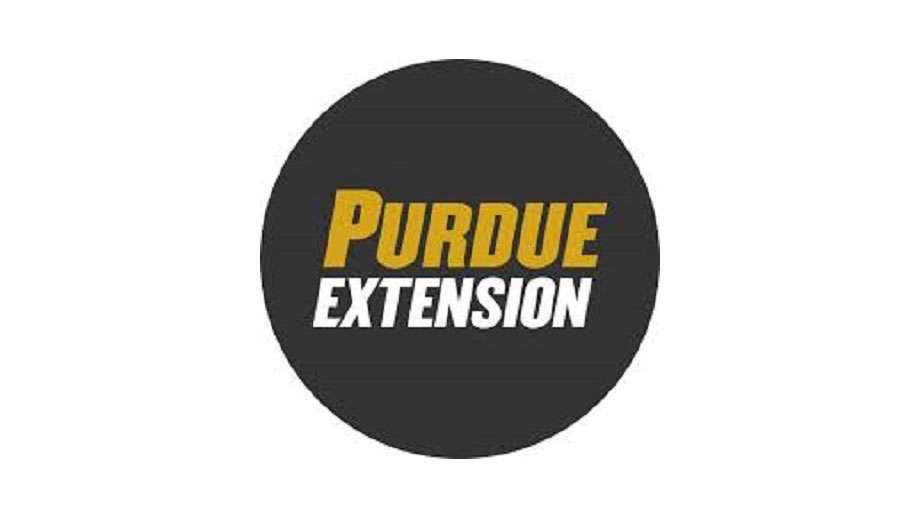
During the last three weeks, Purdue Extension, University of Nebraska-Lincoln, and Kansas State University have been hosting a virtual Tax Strategies for Midwestern Farm and Ranch Women series.
Throughout the series, participants have gained a lot of knowledge about farm taxes. Here are some tidbits of information shared during this 3-part webinar series.
What is the difference between a bookkeeper, tax preparer, and a certified public accountant (CPA)? Typically, a bookkeeper pays bills, maintains financial records, categories or classifies information, produces invoices, and manages payroll. A tax preparer prepares tax returns. A CPA prepares financial statements and tax returns, performs audits, and can advise you on financial decisions. Please realize that any tax professional with an IRS Preparer Tax Identification Number (PTIN) is authorized to prepare federal tax returns; however, bookkeepers and tax prepares do not have the authority to represent clients before the IRS.
If you are looking for a tax professional, we recommend that you start looking for that professional early. Do not wait until November or December to do so. Look for a tax professional that has experience with farm returns because you want someone that understands the specialized tax rules associated with agriculture and understands the terms, lingo, and trends of agriculture production. Be sure to ask the professional about their service fees and if they charge for calls and emails. Working with your tax professional is a year-round process, but we do recommend having at least one face to face meeting annually.
You may wonder how long you should keep various documents utilized to help with preparing your taxes. Tax returns, legal filings (entity documentations), and proof of asset tax basis (i.e. purchase price, improvements & depreciation) should be kept permanently. Supporting tax documents such as records of income or deductible expenses should be kept 3-7 years after the date filled. These could be stored in a cloud based or other electronic base storage system as recommended by your accountant. You may also decide to write notes on the receipts and invoices such as the tax line, date paid/mailed, and check number. Employment records such as payroll and earnings should be kept 4 years from when taxes are due or paid, whichever is later.
As always, it is a good practice to keep your business (farm) and personal tax documents separate. This may involve having separate checkbooks. Try to develop your own system to file everything in an organized method whether that be by vendor, date, etc. It is best to always try to reconcile your financial records monthly.
Visit our homepage at www.extension.purdue.edu/putnam or you can contact the local Purdue Extension Office by calling 765.653.8411 for more information regarding this week’s column topic or to RSVP for upcoming events. It is always best to call first to assure items are ready when you arrive and to RSVP for programs. While many publications are free, some do have a fee. Purdue University is an equal access/equal opportunity institution. All times listed are Eastern Time.
Upcoming Events:
Dec. 18 – Extension Office closed for Professional Development
Dec. 22-Jan.1 – Extension Office closed for Winter Recess
Jan. 9 – Running for Office, 6-8pm, Fairgrounds, register by Jan. 4 at
https://tinyurl.com/PutGov24
Jan. 25 – Extension/SWCD Annual Dinner, Fairgrounds






